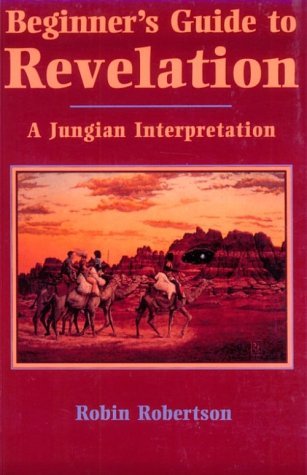The Book of Revelations in the Bible always seemed so outrageously enigmatic to me that I have largely ignored it, though I have read the Bible through a couple of times. The fact that the Book of Revelations has so often been cooped by raving evangelists as evidence of the way the world will end; imminently has had me ignore it as ravings and drivel. This book is probably one of the most interesting I have ever read. It interprets the Book of Revelations in terms of Jung's work, and lo and behold all of a sudden it makes sense. Jung has become the one dabbler in the ways of the mind who seems to have sorted it all out in terms that are comprehensive in nature, taking into account the vast repository of knowledge of the human mind contained in anthropology, mythology and alchemy. The very human journey of the soul and the conflicts and struggles that contains inherently. No one else has made the same kind of sense to me. Most based in the western philosophical model generally emphasize some aspect that has been an aha moment for them and ignore the rest. Hubris! The "I have found the answer" syndrome. This interpretation of the Book of Revelations places it in the firmament of Jung's thinking. It has proven to be an influential work for me. Back to the Bible for another look.

